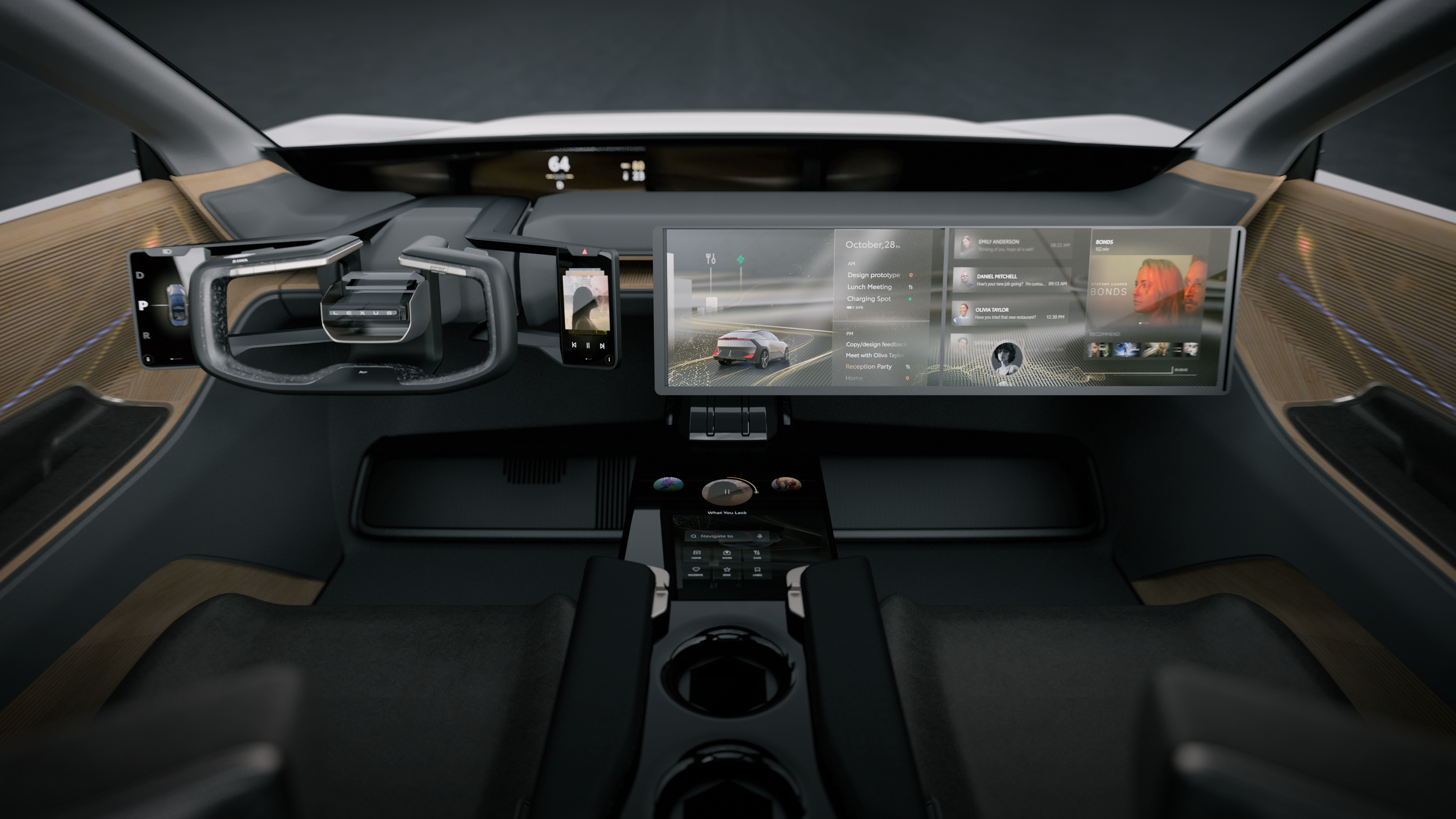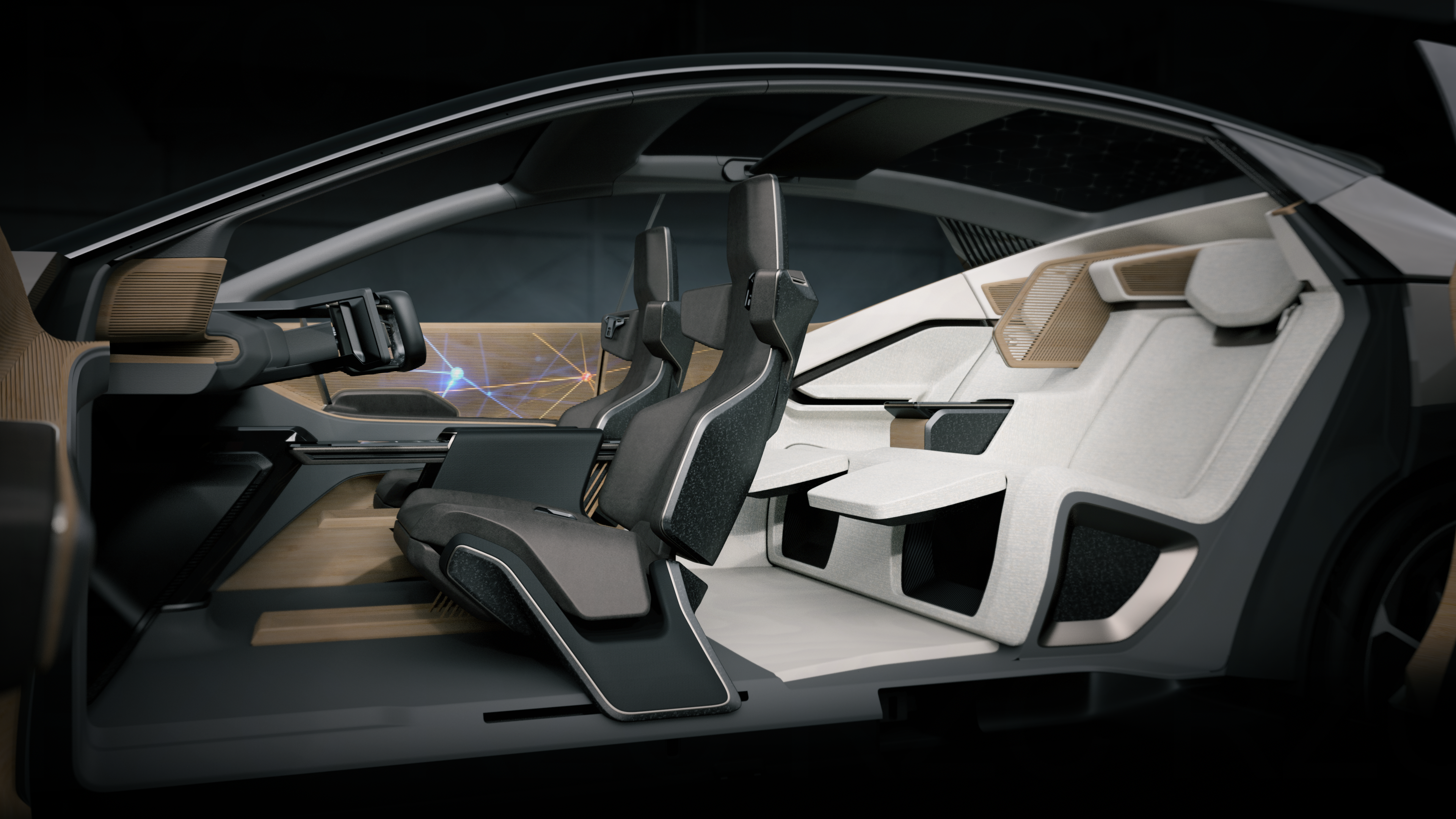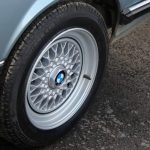While parent company Toyota still believes that there’s a future for internal combustion, Lexus is committing to electrification. The Japanese luxury division will only sell 100 per cent battery electric vehicles worldwide by 2035, and is aiming for 2030 in Europe.
Lexus announced its plans at its annual Kenshiki forum in Brussels, Belgium, even as Toyota continues to work on carbon neutral fuels and hydrogen to power both fuel cells and internal combustion engines.

The electric future of Lexus will be driven by a new modular structure with three key parts: front, centre, and rear. Formed using gigacasting the new design drastically reduces the number of components and massively speeds up the production process. The front and rear modules, for example, can be cast in just two minutes. Additional benefits of the system include reduced weight and improved rigidity, which Lexus claims will have a positive knock-on effect on the way its cars drive.
DIRECT4 all-wheel-drive will feature, as will a One Motion Grip steer-by-wire system that “will offer a more intuitive steering experience, especially when driving on winding roads.” A new Arene Operating system will control Lexus’ driving modes, and allow the driver to “raise the level of sensory experience, changing the car’s sound and vibrations.” It will also provide AI-powered voice recognition.
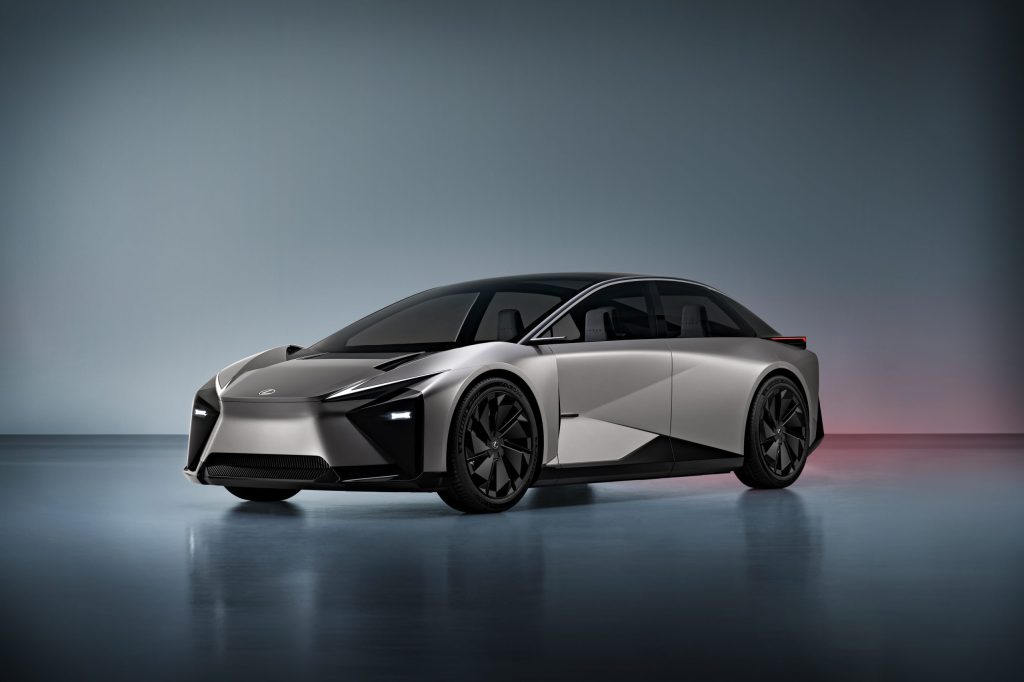
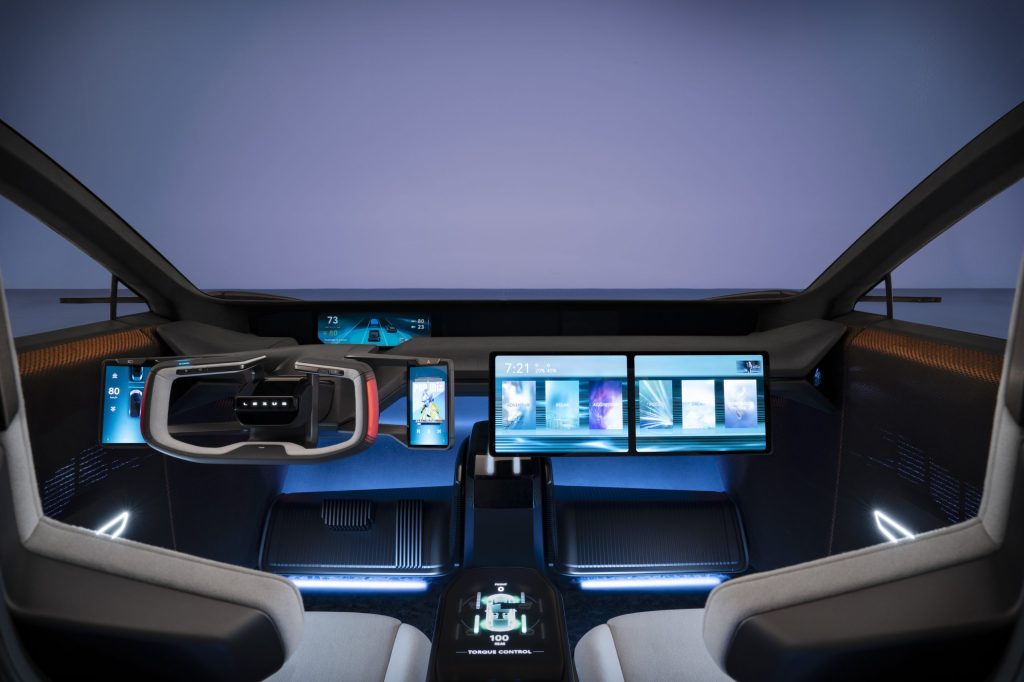
Previewing this future is the Lexus Future Zero-emission Catalyst (LF-ZC) concept. The production version of this Tesla-rivalling sports saloon is scheduled for 2026 and will be followed by a luxury SUV that has been teased in the form of the Lexus Future Zero-emission Luxury (LF-ZL) show car (below). Both vehicles deploy a new “provocative simplicity” design language and a fully-digital cockpit design.
“Lexus has been a technology pioneer ever since the brand was founded in 1989,” says Pascal Ruch, Vice-President, Lexus Europe. “It has a proud heritage of challenging the conventions of the luxury car market and consistently delivering new value to customers. When it comes to electrification, we will again push boundaries in the premium automotive world. We will develop a new modular vehicle structure and new-generation batteries, not only to improve the performance of our BEVs but also, and perhaps most importantly, to reinvent driving pleasure. There will be a revolution in software too, which will allow us to design vehicles with the highest degree of personalisation, truly making luxury personal for each of our customers.”





